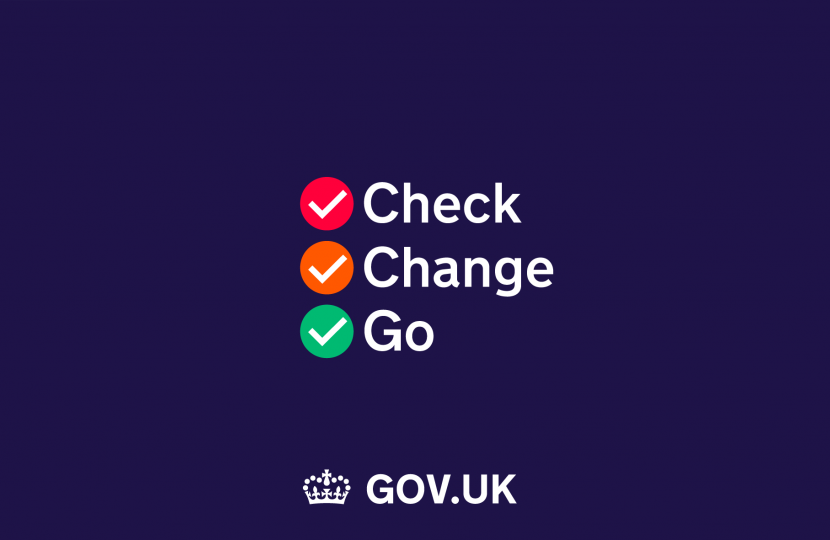
As we prepare for the UK’s departure from the EU, the government has provided the following information for businesses who trade with the EU.
Firstly, if you do not already have a GB EORI number (a number which helps customs identify their goods) they should go online and apply for one. You will need this to trade with the EU after 31 December 2020.
Secondly, you should decide how you want to fulfil new customs requirements, whether through a customs agent or intermediary you will need to identify one now.
Thirdly, you should talk to the businesses in the EU with whom you trade. Those businesses will have to comply with new import and export requirements from the end of the transition period, including those of Member States.
These steps will be important for all businesses which trade with the EU. For those who trade in food, agrifood, controlled or specialist goods, there will be additional requirements which are detailed in the Operating Model. The Operating Model does not cover the movement of goods under the Northern Ireland Protocol, and separate advice is available for businesses on this.
Businesses should go to https://www.gov.uk/transition to use the transition checker which will help them understand not just new border requirements but all of the steps they need to take to be ready for the end of the transition period.
On gov.uk, businesses will find a range of simple explainer guides. They will also find information about webinars which the Government is organising to provide expert advice. Large businesses which currently trade only with the EU will also get a phone call from HMRC.
For those businesses who trade currently only with the EU, they may find that getting ready for our new trading relationship with the EU will mean they are in a position to expand their horizons and trade beyond, with the rest of the world. The Government hopes that many businesses will seize those opportunities and will do all it can to facilitate this through our commitment to having the best border in the world by 2025, streamlining requirements for businesses and individuals, while improving security.

